January 2024,
By Heidi Toth,
You came up with an idea for a business, had a hobby that morphed into a full-time enterprise or left an existing job to go out on your own. You have chosen a name for this new venture. Now what??
Before you start advertising, you should make sure that the name you have chosen is not already taken. New Jersey offers two tools for doing this: Business Name Search and Name Availability Search. Both are available on the New Jersey website https://business.nj.gov.
Next, you need to choose the right entity for your business, the most common types being Sole Proprietorship, Partnership, Limited Liability Company or Corporation. Information about each is available on the New Jersey Website. The tax implications of each entity differ, so, you might want to consider consulting with a tax professional to go over your options.
Once you’ve decided on the structure of your business, a legal entity will have to be formed if you will be operating as a corporation or a limited liability company. It is best to seek the services of an attorney for this, especially if there will be more than one shareholder, member or partner in the business. Aside from forming the entity, they can aide in drawing up operating and partnership agreements, which are strongly suggested so that the terms of the business arrangement are laid out and agreed to in writing.
Now it is time to get your Employer Identification Number (EIN). This is the number that is assigned to your business by the Internal Revenue Service and is used to open a business bank account, file your taxes and handle employee payroll, if applicable. This can be done online at IRS.gov and will be available immediately after you apply.
Lastly, it is a requirement that all businesses operating in the State of New Jersey complete a business registration. This can be done online via the Business Registration Application. This application indicates to the State of New Jersey what taxes your business may be required to collect and remit, such as sales tax, payroll taxes, etc.
Prior to submitting any of these forms, it is recommended that you meet with a tax professional to determine things such as if your product or service is subject to sales or other taxes, if the people working for you are employees or subcontractors, and to ensure that you know the filing requirements for each. Additionally, a tax professional can give you suggestions on keeping your records in good order and what types of information to track.
After all that is settled, it’s time to get to work – create a website, design a logo, order business cards and spread the word!
Wagner Shields & Moini LLP | www.wsmcpas.com

